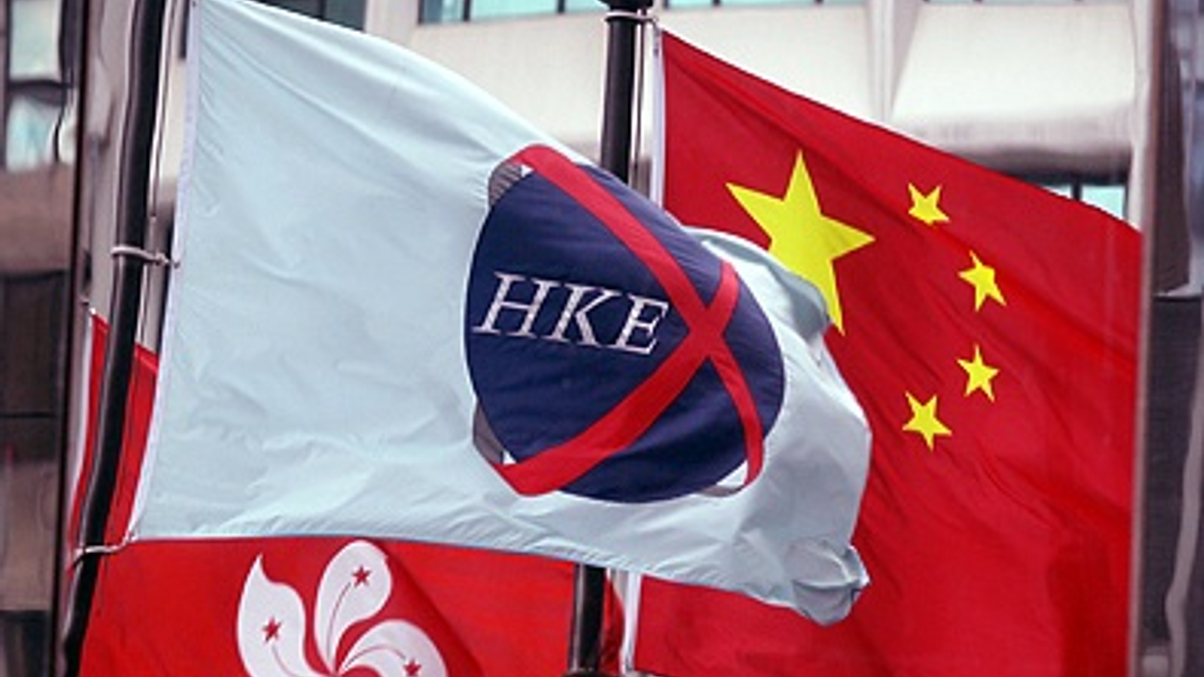Stock Connect tipped to survive liberalised China
An official at Hong Kong Exchanges and Clearing is sure the infrastructure developed for the trading link means it will thrive even if China fully liberalises its financial system.

The benefits of Stock Connect’s infrastructure means the scheme could survive even if China’s financial markets become fully liberalised, a senior official at Hong Kong's stock exchange said.
Sign in to read on!
Registered users get 2 free articles in 30 days.
Subscribers have full unlimited access to AsianInvestor
Not signed up? New users get 2 free articles per month, plus a 7-day unlimited free trial.
¬ Haymarket Media Limited. All rights reserved.


